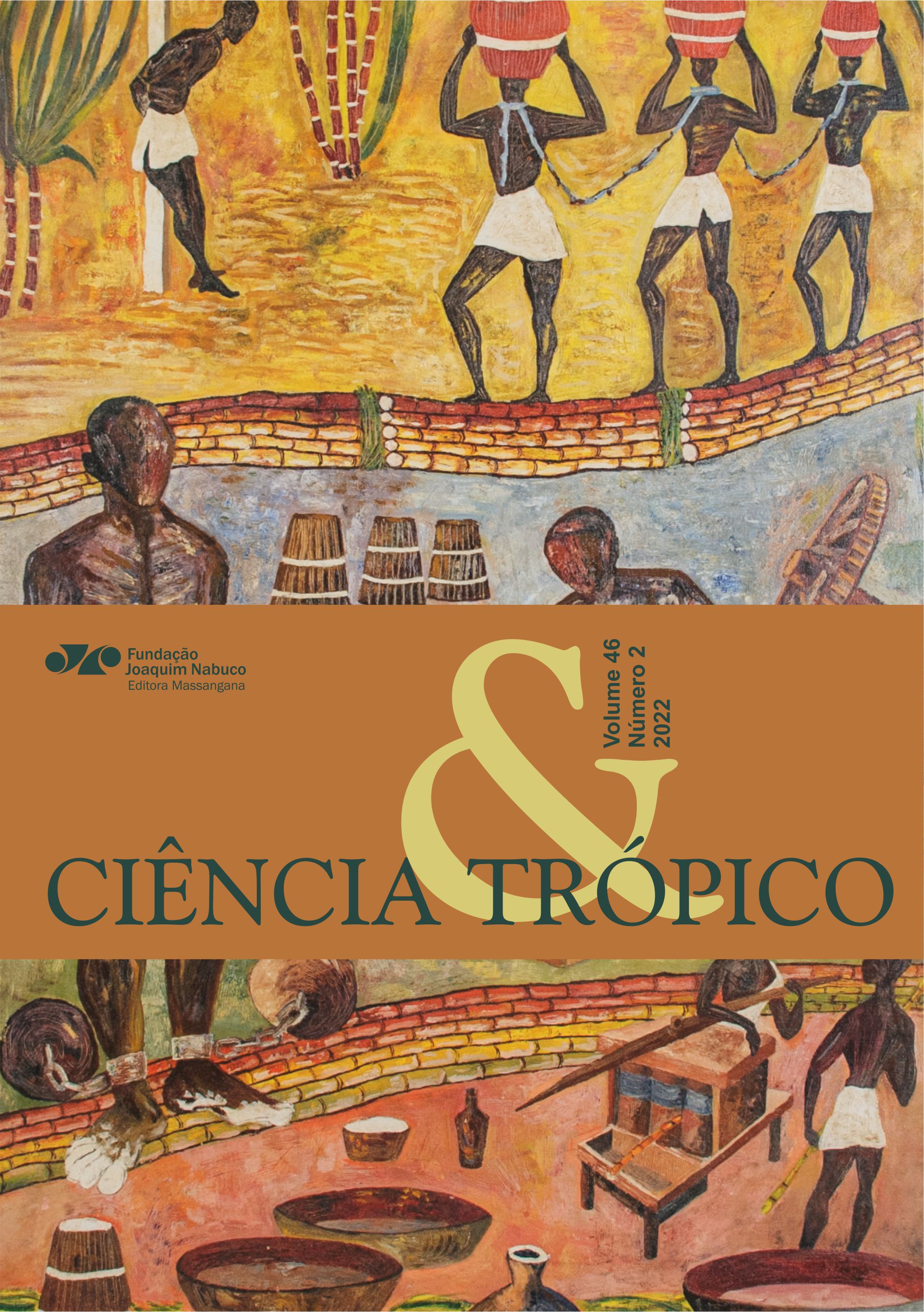The educational and cultural experiencies of the basic education movement in Pernambuco (1961-1966)
DOI:
https://doi.org/10.33148/cetropicov46n2(2022)art6Abstract
The 1950s and 1960s were marked by campaigns and programs for basic education and popular culture. Some of these experiences emerged from the Catholic Church, such as the Movimento de Educação de Base (MEB), officially created by Decree No. 50,370 on March 21, 1961, based on an agreement between the Brazilian episcopate, represented by the National Conference of Brazilian Bishops (CNBB) and the Ministry of Education. MEB's actions were designed to meet the social and educational demands of the North, Northeast and Center-West regions of Brazil, through teaching via radio schools which, in turn, were organized by 11 broadcasting systems spread throughout the States. Thus, this teaching transmitted by the radio waves had as its objective not only literacy, but an education that promoted "civic, moral, economic and spiritual elevation", as well as the formation of a popular culture. The article in question deals with school and cultural experiences lived by rural communities that were contemplated by MEB in Pernambuco, between 1961 and 1966, and the importance of educational technologies - the letter, the primer and the radio - in the stimulation of a literate community and in the construction of rural man's identity. The time frame refers to the period when MEB was in operation in the state of Pernambuco. To weave this historical narrative approaching their school experiences and identity construction, we analyzed official sources of the Movement, booklets, and letters, making use of the theoretical and methodological contribution of Cultural History authors. Finally, we understand that communication through letters and radio, among several functions, served as an instrument to denounce the neglect of the rural environment, especially the absence of public schools. Moreover, the materials produced by MEB and its members provided processes of incitement of the rural man's identity, through awareness about the reality in which they were inserted.
Keywords: MEB-Pernambuco. Literacy. Popular education. Identities.
Downloads
Downloads
Published
How to Cite
Issue
Section
License
Copyright (c) 2022 Manuela Garcia de Oliveira, Kalline Laira Lima dos Santos

This work is licensed under a Creative Commons Attribution 4.0 International License.


